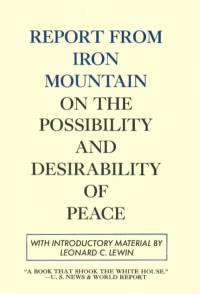

On Space Programs:
Another economic surrogate that has been proposed is a series of giant “space research” programs. These have already demonstrated their utility in more modest scale within the military economy. What has been implied, although not yet expressly put forth, is the development of a long-range sequence of space- research projects with largely unattainable goals.
This kind of program offers several advantages lacking in the social welfare model. First, it is unlikely to phase itself out, regardless of the predictable “surprises” science has in store for us: the universe is too big. In the event some individual project unexpectedly succeeds there would be no dearth of substitute problems. For example, if colonization of the moon proceeds on schedule, it could then become “necessary” to establish a beachhead on Mars or Jupiter, and so on. Second, it need be no more dependent on the general supply-demand economy than its military prototype. Third, it lends itself extraordinarily well to arbitrary control.
Space research can be viewed as the nearest modern equivalent yet devised to the pyramid-building, and similar ritualistic enterprises, of ancient societies. It is true that the scientific value of the space program, even of what has already been accomplished, is substantial on its own terms. But current programs are absurdly obviously disproportionate, in the relationship of the knowledge sought to the expenditures committed. All but a small fraction of the space budget, measured by the standards of comparable scientific objectives, must be charged de facto to the military economy. Future space research, projected as a war surrogate, would further research, projected as a war surrogate, would further reduce the “scientific” rationale of its budget to a minuscule percentage indeed. As a purely economic substitute for war, therefore, extension of the space program warrants serious consideration.
Read the rest of the report here.
